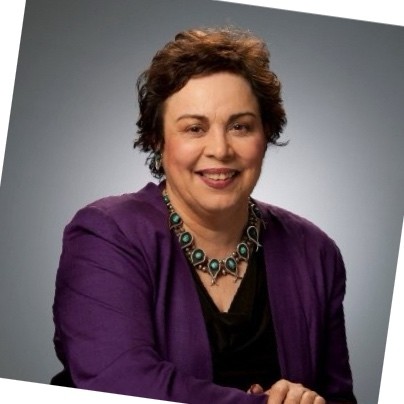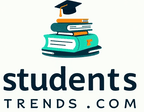Exploring the value of free online courses How to choose quality learning resources. Free online courses provide an accessible way to gain knowledge without financial commitment. These courses cover various subjects, from technical skills to personal development, making education more inclusive and flexible.
How Free Courses Compare to Paid Programs
While free courses offer valuable insights, they often lack certification, instructor support, or structured learning paths found in paid programs. Some platforms provide high-quality content, but learners must assess whether the course meets their goals.

Recognized Platforms Offering Quality Free Courses
Many reputable institutions, including universities and professional organizations, offer free courses through online platforms. These courses often include lectures, quizzes, and self-paced learning but may charge for certificates or graded assignments.
Choosing the Right Free Course for Your Needs
Selecting a course requires evaluating the provider, course content, and learning objectives. Courses from well-known universities, industry experts, or accredited platforms are more likely to offer credible and valuable education.
The Role of Certification in Career Development
Some free courses provide completion certificates that can enhance resumes and professional profiles. However, employers often prioritize certifications from accredited institutions, so verifying their industry recognition is essential.
Balancing Self-Learning with Career Goals
Free courses work best when paired with practical application, networking, or additional training. Learners who combine online courses with real-world projects and certifications improve their career prospects.
The Limitations of Free Online Education
While free courses provide foundational knowledge, they may lack interactive learning, personalized feedback, or hands-on experience. Those looking for in-depth training may need to consider structured programs or advanced certifications.

Making the Most of Free Learning Resources
Approaching free online education with clear goals and discipline maximizes its benefits. Selecting courses from reputable sources and applying the knowledge gained in real-world settings can make free learning a valuable asset.

I have 20 years of experience in higher education leadership. I held prominent academic positions at various institutions, concentrating on key areas such as student learning, faculty development, curriculum design, and institutional accreditation. As the Team Chair for eleven accreditation evaluations with the Middle States Commission on Higher Education, I have successfully directed thorough assessments that uphold academic standards and regulatory requirements. Furthermore, I have provided consulting services to major international institutions, offering guidance on accreditation processes, strategic planning, and governance frameworks. Her extensive knowledge in assessment, budget management, and collective bargaining and her commitment to academic excellence and institutional effectiveness make her a passionate champion for shared governance in higher education.
